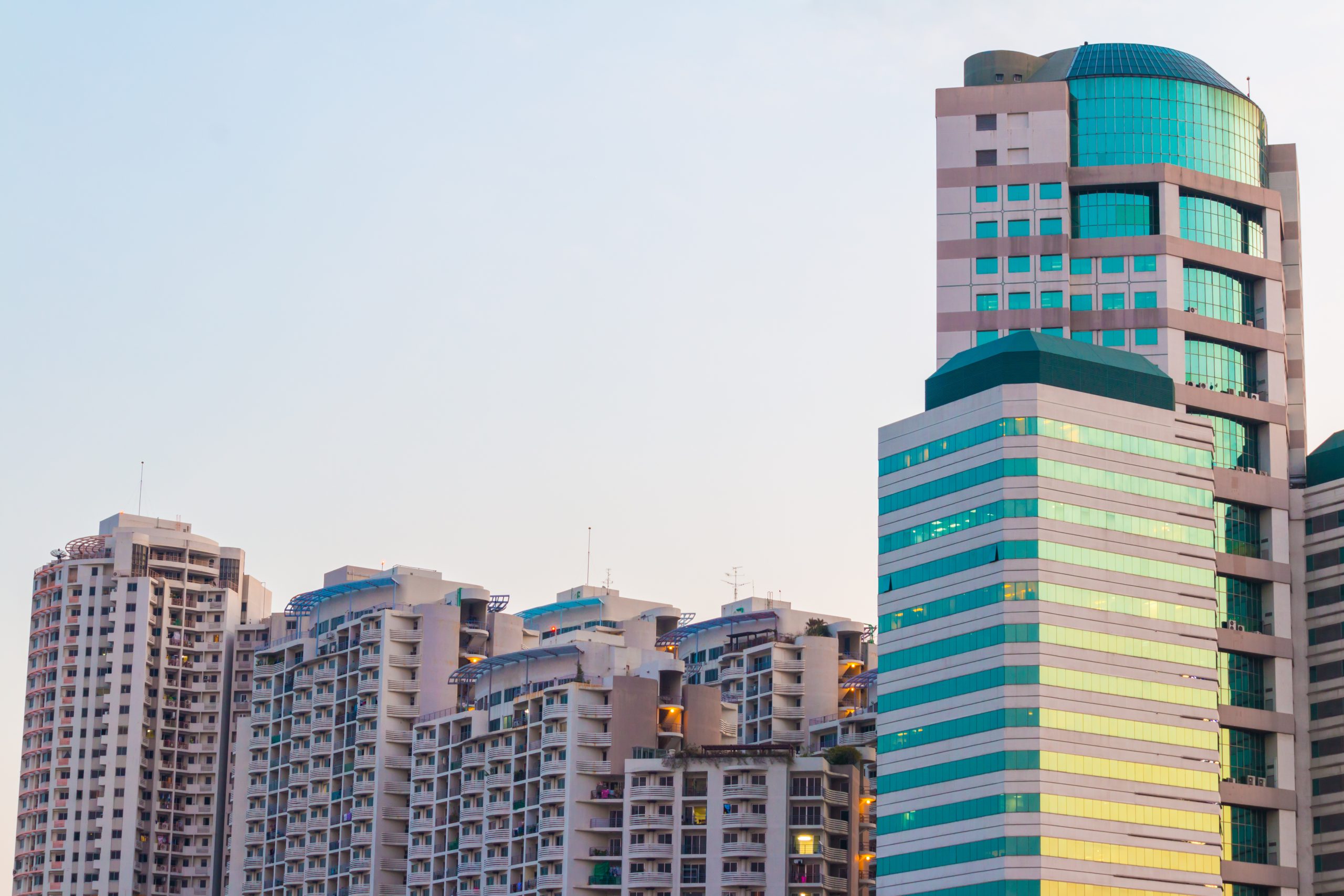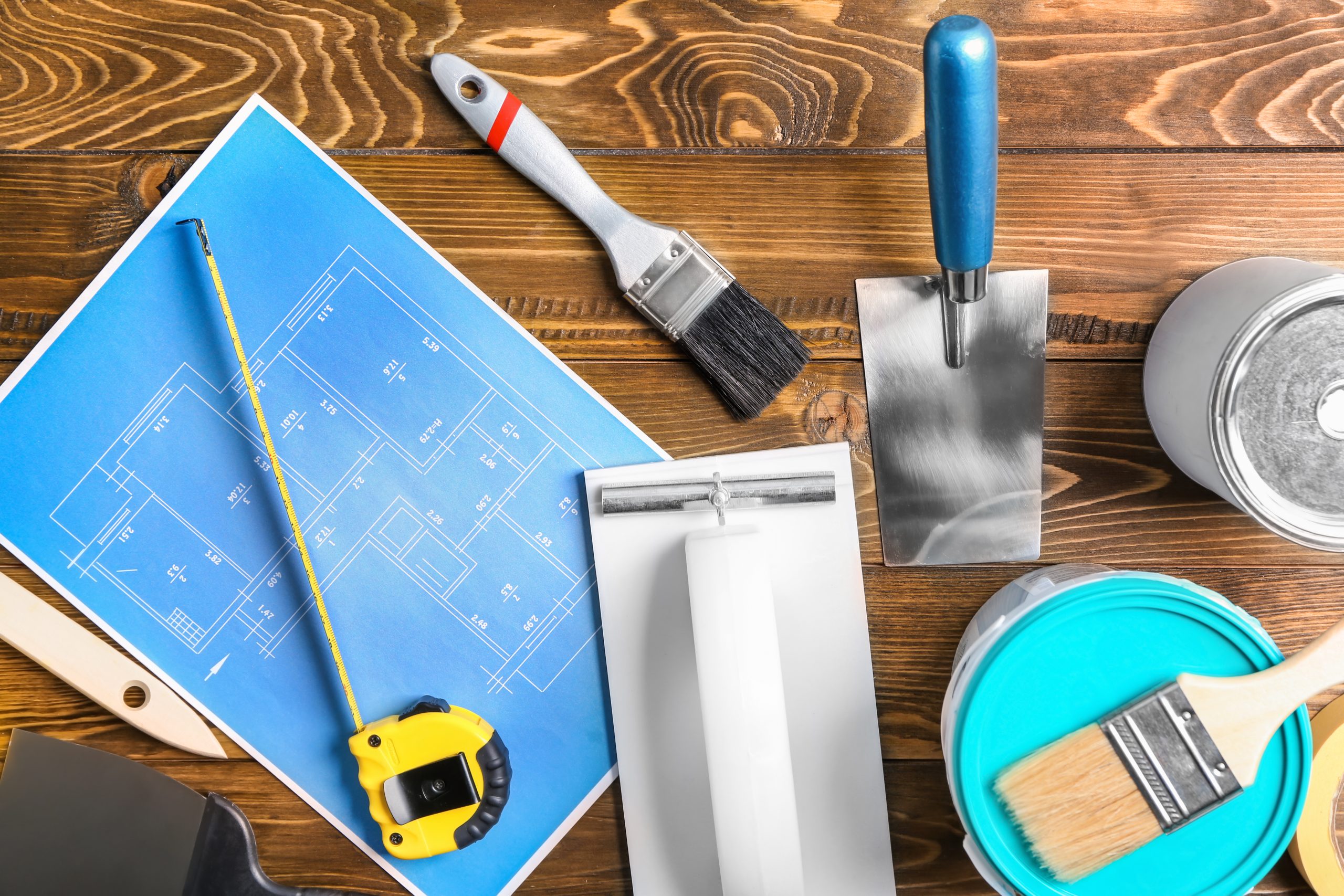
Buying a condo is often seen as a more affordable and convenient alternative to owning a house, especially for those seeking a low-maintenance lifestyle. However, condo ownership comes with its own set of financial surprises that can catch buyers off guard. Beyond the initial purchase price and mortgage, there are hidden costs that can add up quickly. Knowing what to expect can help you plan better and avoid unpleasant surprises. Here are nine hidden costs of owning a condo that every buyer should be aware of.
1. Homeowners Association (HOA) Fees
The average monthly HOA fee nationwide is $259, with higher fees for condos than single-family homes. Fees vary widely, with the highest averages in New York ($653) and Boston ($444). These fees cover the maintenance and repair of shared amenities like pools, gyms, landscaping, and security.
Depending on the size and amenities of your condo complex, these fees can range from a couple of hundred to several thousand dollars per month. It’s essential to review the HOA budget and understand what the fees include before purchasing. Keep in mind that these fees can increase over time to cover rising costs or unexpected expenses.
2. Special Assessments
Special assessments are additional fees charged by the HOA to cover major repairs or upgrades that aren’t covered by the regular budget. For example, if the roof needs replacing or the elevator system needs an overhaul, the cost is divided among condo owners. These assessments can range from a few hundred to several thousand dollars, depending on the scope of the project. Since they are often unexpected, they can be a significant financial burden. It’s a good idea to inquire about any upcoming assessments before buying a condo.
3. Property Taxes
While property taxes are a known expense, many condo buyers underestimate how much they’ll have to pay. The tax rate is based on the assessed value of your unit, which can rise over time as property values increase. Additionally, some areas impose extra taxes for amenities like schools or public infrastructure. Make sure to research the property tax rate in your area and factor this cost into your budget. Keep in mind that tax bills may fluctuate annually, impacting your overall expenses.
4. Maintenance Costs
Although HOA fees cover shared spaces, you’re responsible for maintaining everything inside your unit. This includes appliances, plumbing, electrical systems, and any personal renovations. Over time, these maintenance costs can add up, especially if you own an older condo that requires frequent repairs. Regular upkeep is essential to preserve the value of your investment. Budgeting for these ongoing costs can prevent financial strain down the road.
5. Insurance Premiums
Condo owners need specific insurance policies that differ from traditional homeowners’ insurance. While the HOA’s insurance policy covers common areas, you’ll need a separate policy to protect your unit and personal belongings. This is often referred to as HO-6 insurance, and it can also cover liability issues within your unit. Depending on your location and the coverage required, premiums can vary significantly. Make sure to shop around for the best rates while ensuring you have adequate coverage.
6. Utility Bills
In many condos, utility bills are not included in the HOA fees, meaning you’ll need to budget for them separately. These may include electricity, water, gas, internet, and cable. Utility costs can vary depending on the size of your unit, usage, and energy efficiency of the building. Additionally, some luxury condos have centralized systems that charge residents based on square footage rather than usage. Reviewing past utility bills can give you a better idea of what to expect.
7. Renovation and Upgrades

As a condo owner, you may eventually want to update or renovate your unit to suit your preferences or increase its value. However, renovations can be costly, especially if the HOA has specific guidelines or restrictions. Some upgrades, like installing new flooring or remodeling the kitchen, may also require approval from the HOA. The cost of materials, labor, and permits can quickly add up, so it’s important to plan for these expenses. Be sure to familiarize yourself with the HOA’s rules before starting any projects.
8. Moving and Storage Costs
Moving into a condo often comes with unique challenges that can increase costs. For example, some buildings require you to reserve an elevator or hire specific moving companies approved by the HOA. Additionally, if your unit is smaller than your previous home, you may need to pay for off-site storage for excess belongings. These costs can be unexpected and should be factored into your moving budget. Planning ahead can help minimize these expenses.
9. Reserve Fund Contributions
In addition to HOA fees, condo owners may be required to contribute to a reserve fund. This fund is used for long-term maintenance and unexpected repairs in the building. Contributions are typically calculated as a percentage of your HOA fees and are mandatory in many complexes. A well-funded reserve is a sign of a healthy HOA, but it does add to your overall monthly expenses. Be sure to ask for a copy of the HOA’s reserve study to understand the financial health of the association.
Be Prepared for the True Costs of Condo Ownership
Owning a condo can be a wonderful experience, but it’s important to go into it with a full understanding of the costs involved. From HOA fees to property taxes and unexpected repairs, these hidden expenses can significantly impact your budget. Being proactive, researching the HOA’s financial health, and setting aside funds for future expenses can help you avoid financial surprises. Remember, a well-maintained condo is an investment in your comfort and long-term financial security.
Have you thought about buying a condo? After reading this article would you still think this is a good investment? We’d love to hear your thoughts in the comments below.
Read More:

Latrice is a dedicated professional with a rich background in social work, complemented by an Associate Degree in the field. Her journey has been uniquely shaped by the rewarding experience of being a stay-at-home mom to her two children, aged 13 and 5. This role has not only been a testament to her commitment to family but has also provided her with invaluable life lessons and insights.
As a mother, Latrice has embraced the opportunity to educate her children on essential life skills, with a special focus on financial literacy, the nuances of life, and the importance of inner peace.

The average monthly HOA fee nationwide is $259, with higher fees for condos than single-family homes. Fees vary widely, with the highest averages in New York ($653) and Boston ($444)… What about Miami $845 for a one bedroom waterfront apartment in a building that’s over 20 Years old!